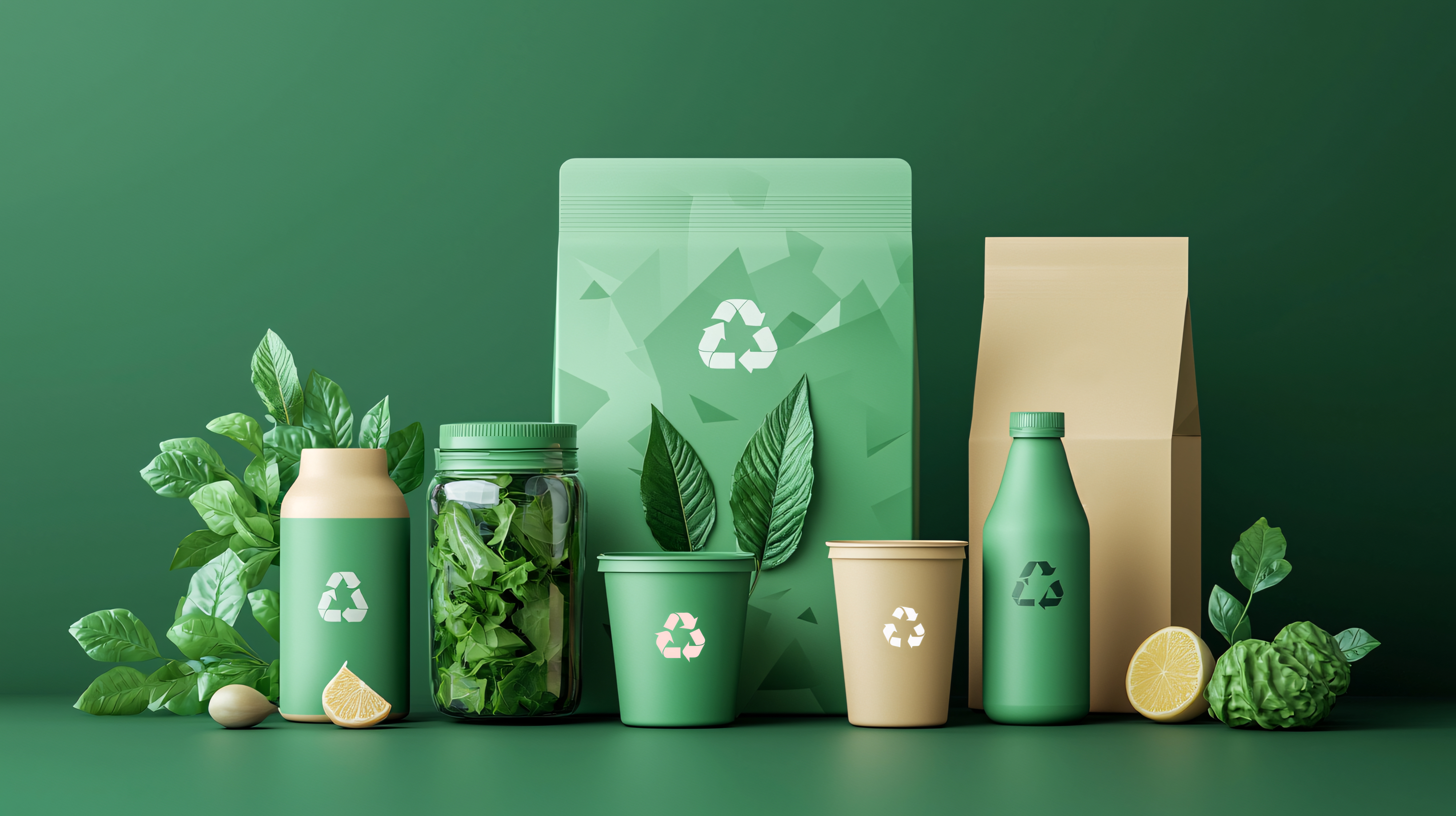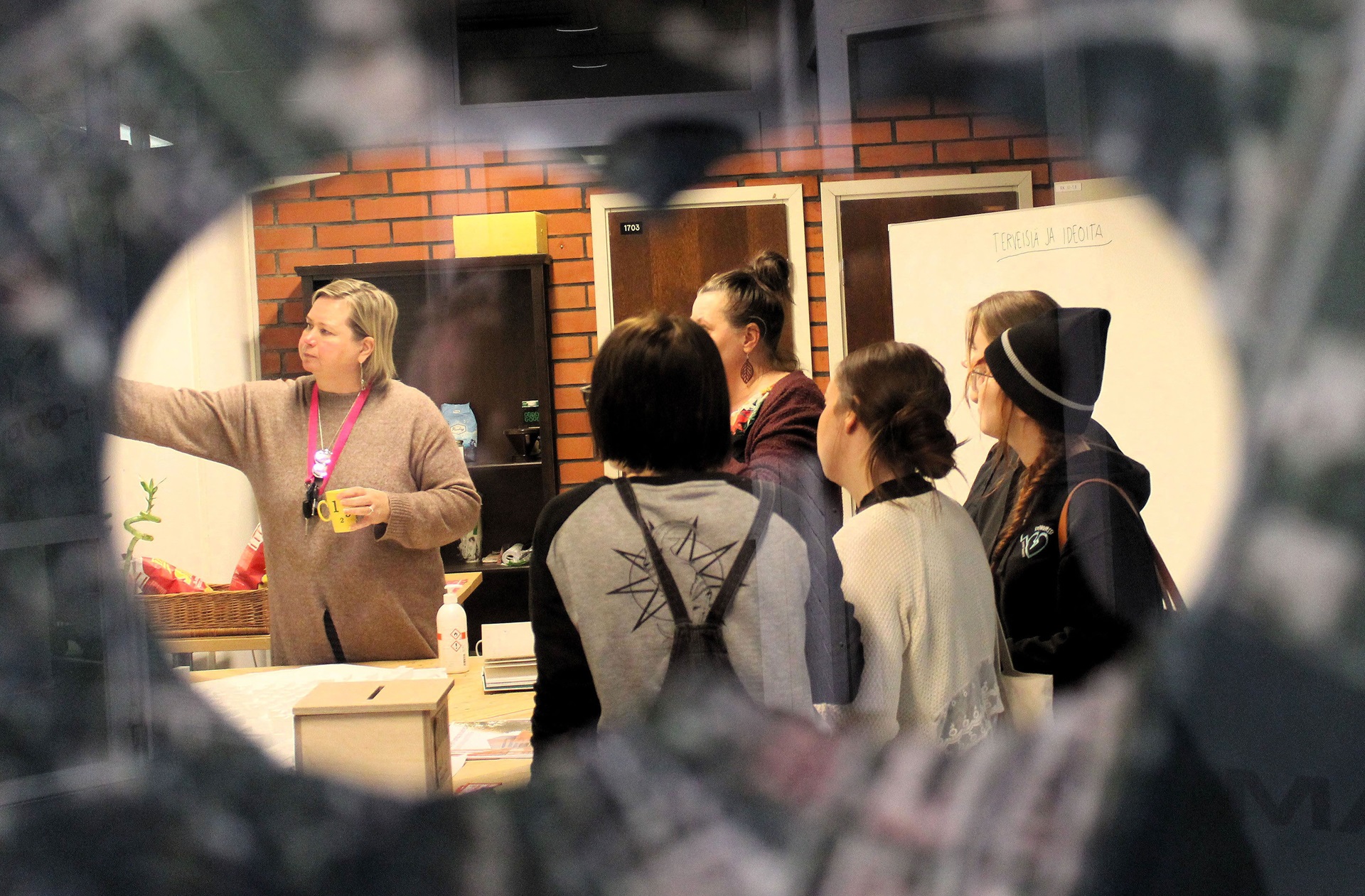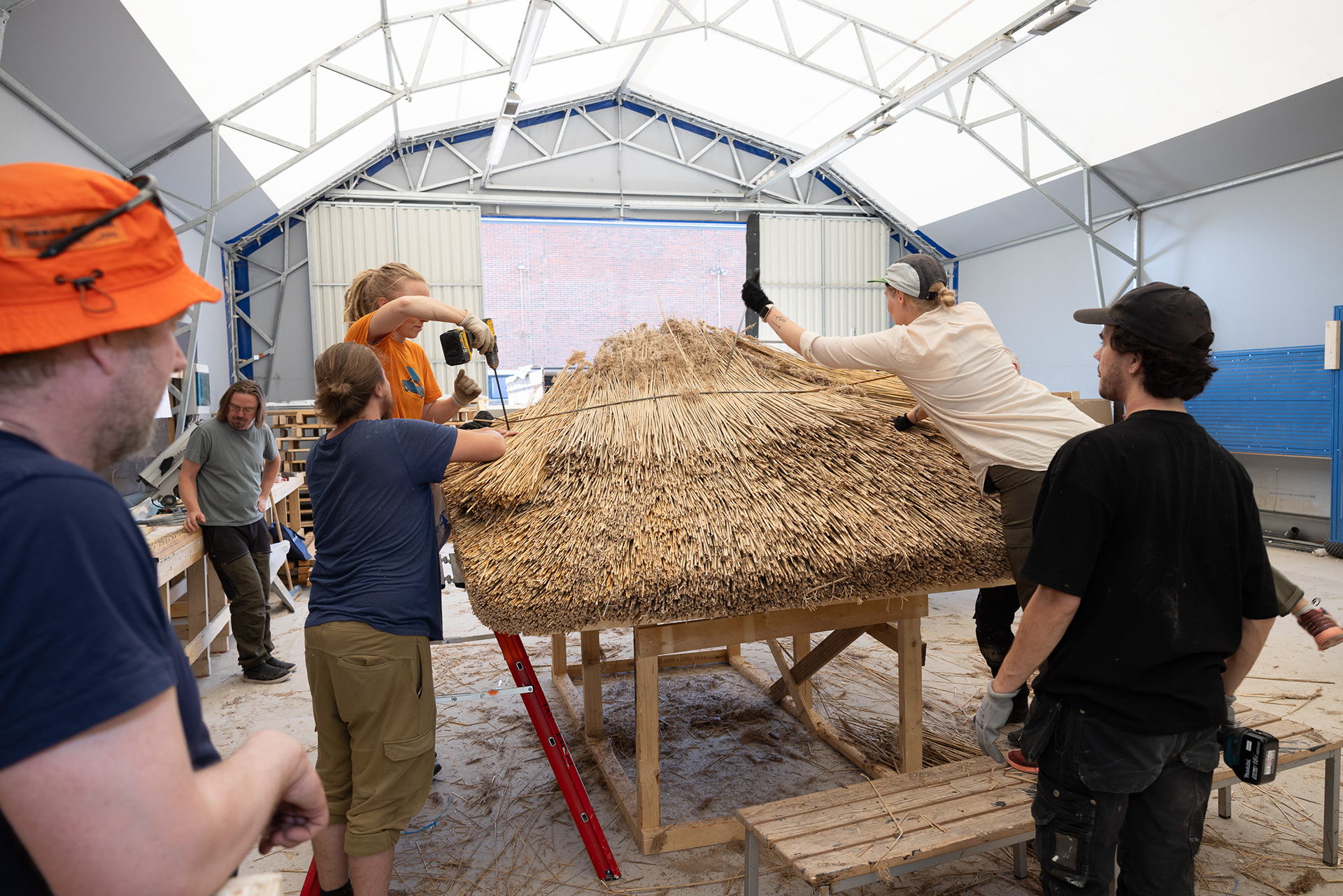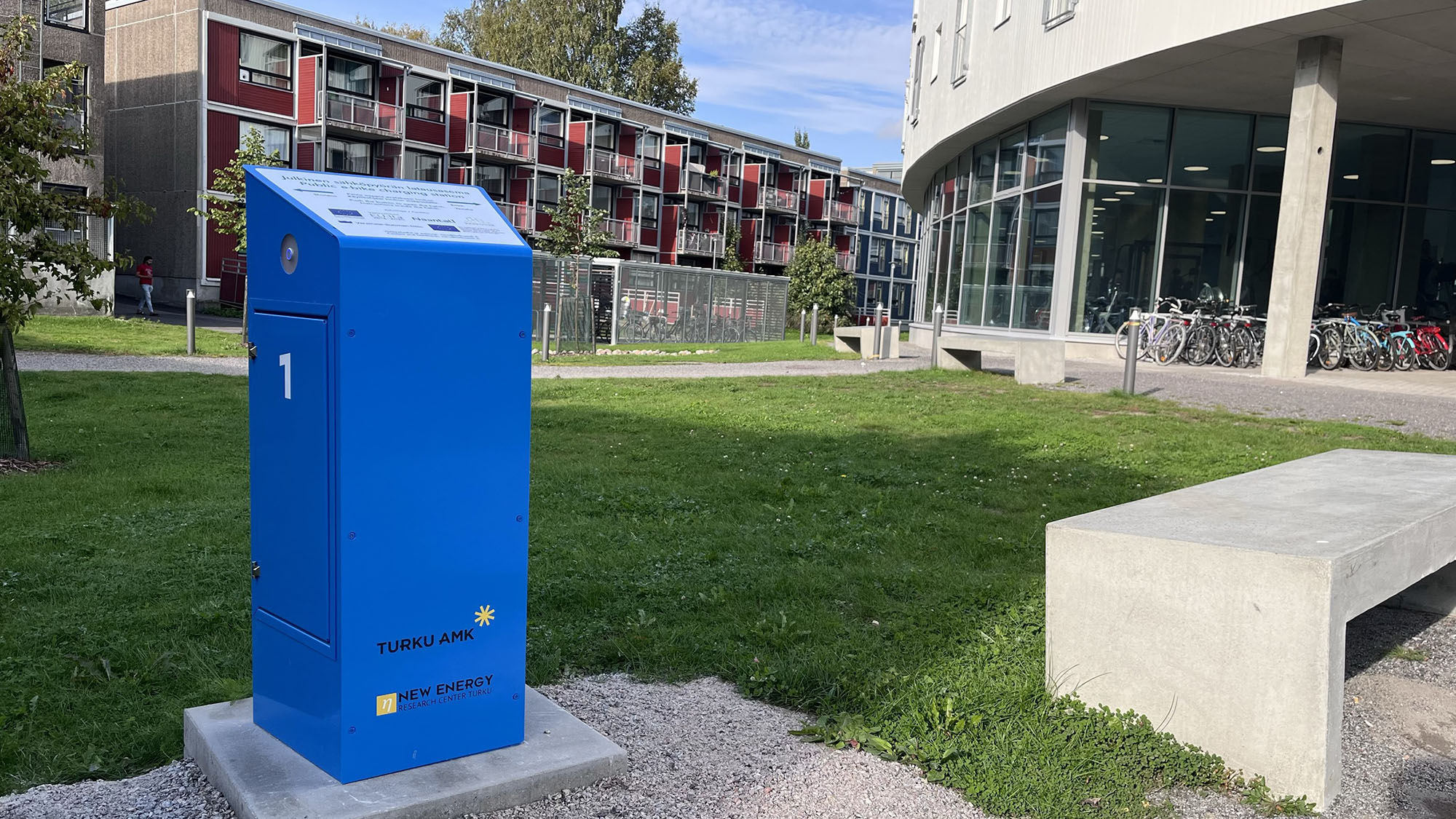Sustainability and ecology is one of today’s biggest trends, and is particularly visible in packaging and textiles. Turku University of Applied Sciences is launching a training course to improve the sustainability skills of those working in or aspiring to work in the sector, in marketing, quality management and supply chain management.

Published:
Edited:
Packaging is always a cost to be optimised: over-packaging increases costs, but under-packaging in food can lead to waste. On the other hand, ecological and sustainable packaging are less frequently considered, even though they are equally important. The same is true for textiles. Textiles should be of high quality, but with a responsible social and environmental impact. In the future, more and more companies will be required to do more in terms of sustainability.
“The EU’s corporate responsibility legislation aims to bring environmentally friendly and sustainable products to the market. This means that companies must manage their supply chains more closely and are responsible for ensuring, for example, that materials and products imported into the European Union are produced in an environmentally friendly way. Compliance with social responsibility provisions will also be monitored. Large companies will have to identify, for example, the risks in their supply chains and prevent them from occurring,” says Kaisa Sorsa, senior lecturer at Turku University of Applied Sciences and EKOVIRTA project expert.
The EKOVIRTA training at Turku University of Applied Sciences offers professionals and aspiring professionals in the textile and packaging sector the opportunity to develop their sustainability skills. The training focuses on ecologically sustainable practices and the legislation that governs the marketing and quality of packaging and textile materials. Legislation and regulation are constantly changing, the latest example being the EU Eco-design Regulation, which came into force in July.
All this poses new challenges and skills requirements for businesses, which we are now addressing with new training.
Earlier this year, the EU also reached agreement on the Greenwash Directive and the Corporate Social Responsibility Directive. All these regulations aim to ensure the free movement of sustainable products within the EU, improve marketing communications for companies and increase the obligations of companies to ensure supply chain responsibility. At the same time, the environmental sustainability of products will be improved to minimise the environmental impact of products sold in the EU throughout their life cycle. Until now, the Ecodesign Regulation has only applied to energy-related products, but now it applies to almost all products sold on the EU market, including online sales. The Green Claims Directive requires companies to be vigilant in their use of green claims.
“The Ecodesign Regulation sets new requirements for companies and is reflected in product quality. The Green Claims Directive prohibits the use of misleading environmental claims in sustainability communications. All this poses new challenges and competence requirements for companies, which we are now trying to address with new training,” Sorsa continues.
Training in three modules
The aim of the EKOVIRTA training is to equip participants with the skills to operate responsibly in all these areas, namely marketing communication, quality management and supply chain management. The training is free of charge and is suitable for all those working in the packaging and textiles sector or aspiring to enter the sector. The training consists of three five-credit modules: marketing law, sustainable quality management and supply and production chain management. Marketing law focuses on responsible marketing communication and green claims, which companies need to pay particular attention to in the future. The Quality Management module focuses on legislation and standards in this area, while the Supply Chain Management module focuses on contracts and voluntary sustainability standards in supply chain management.
“Critical thinking is important in corporate communications from the point of view of both the sender and the receiver, and we also try to promote it with concrete examples,” says Sorsa.
The training is organised by experts from the Global Gateway and New Materials and Processes research groups of Turku University of Applied Sciences. The training will also include external expert speakers. The training is open to participants from all over Finland.
“The training does not lead to a qualification, but can provide significant additional skills. This in turn can help you to progress in your career,” says Sorsa.
The free EKOVIRTA training package is funded by the Service Centre for Continuous Learning and Employment and the European Union’s NextGenerationEU instrument. The Centre for Continuous Learning and Employment Services promotes the development of skills of working age and the availability of a skilled workforce. The Service Centre is managed by the Ministry of Education and Culture and the Ministry of Employment and the Economy.
Get to know our research
Read next
-
News

Shaping the future of the circular economy in the Science Park – solutions are born together
Turku University of Applied Sciences and the City of Turku want to be pioneers in circular economy solutions. The joint Circular Science Park project aims to produce fresh…
-
News

Reeds are a versatile raw material, also in construction
The BioDemo project of Turku University of Applied Sciences, Business Turku and Åbo Akademi brings together actors in the bio- and circular economy and develops bio- and circular…
-
Case

Sustainable mobility in urban areas – Turku University of Applied Sciences developed fast charging stations for electric bikes
Fast-charging stations for electric bicycles have been introduced in Turku. The new energy research group at Turku University of Applied Sciences implemented the stations as part of a…

